A Biblical Perspective on Math
Mathematics allows us to see the beauty, order, creativity, and complexity of God’s creation.
By: Debbie Breyman, Perimeter School Curriculum Coordinator
Mathematics is a critical subject area that allows us to see the beauty, order, creativity, and complexity of God’s creation. When God created all things, He determined how they would operate.
“For by him all things were created, in heaven and on earth, visible and invisible, whether thrones or dominions or rulers or authorities - all things were created through him and for him. And he is before all things, and in him all things hold together.”
(Colossians 1:16-17)
God has created a universe that is governed by laws that can be described by the language of mathematics. As people have discovered these math principles, symbols and systems have been invented to describe the realities of mathematics that have always existed. Becoming excellent students of mathematics gives us the opportunity to build a framework to understand and explore what our dependable, consistent God has created.
INTO Math
For years Perimeter School used a curriculum called Saxon Math, which met our needs for that time. However, a few years ago, we realized that a different, updated curriculum was needed to better prepare our students in mathematics. Our school went through a vigorous process of assessing math curriculums, and after much prayer and evaluation, it was determined that HMH - INTO Math curriculum would enable our students to develop a solid foundation in the language and basic concepts of all areas of math.
INTO Math instruction emphasizes conceptual understanding while reinforcing procedural practice. It also helps students to develop their reasoning before connecting to concepts and skills.
Initially, concepts are introduced, and students engage in productive perseverance to explore those concepts. Then, the teacher assesses student understanding and guides differentiated activities to further develop the concepts for some students and to clarify them for others. Lastly, students further practice the concepts and procedures. This process is broken up into various parts, as you may have noticed as you have helped your child with their math homework assignments.
According to the HMH website, in the classroom, “the teacher’s lessons include the following:
Spark Your Learning: This allows teachers to gauge a student’s readiness and to inspire and guide productive perseverance.
Learn Together: Whole group learning provides opportunities to help students understand lesson concepts with tasks that promote procedural understanding.
Check Understanding: Five-to-ten-minute checkpoints provide a snapshot of what students know.
Differentiation Options: According to student understanding, groups are formed to ensure growth for each student by providing resources based on individual needs. Teachers decide how to best support students with differentiated resources such as independent practice, math centers, or connecting to the Teacher Tabletop Flipchart mini-lesson and additional small-group activities.
Wrap-Up: Teachers give additional practice, reteaching, or intervention. Teachers gauge student depth of understanding with exit tickets and suggested wrap-up ideas.
Homework or Practice: Each lesson includes homework/practice opportunities for students to practice the concepts just introduced.”
Reflecting God’s character through Mathematics
We recognize that introducing a new curriculum can be challenging, and there will always be a learning curve with something new and different. As we continue on our new math journey this year, please know that your child is being provided opportunities to express his/her thinking by clarifying, justifying, interpreting, and representing their mathematical thoughts every day.
This method allows your child to engage with the learning content in real-world connections, and that is exciting!
As image-bearers of God, our students have the opportunity to reflect God’s character as they grow in their understanding of the precision and order demonstrated in God’s infinite wisdom of mathematics.
Thoughts from the professionals
REBECCA LITTLE (LOWER ELEMENTARY PRINCIPAL): When I was substitute teaching in a classroom, we had to stop the math lesson to go to recess. A child said, “We have to stop? I want to keep going!”
CLINT FISHER (UPPER ELEMENTARY PRINCIPAL): This math develops problem-solving in our children by building perspective, perseverance, and fortitude that will carry over into every aspect of life.
DAVID GOODRICH (MIDDLE SCHOOL PRINCIPAL): As a school and covenant partner, our shift to INTO Math was necessary to ensure that our covenant children are equipped from kindergarten to eighth grade with a deep and meaningful understanding of mathematics and ultimately of their Creator. INTO Math not only develops the essential competencies of mathematics but also equips our students with the self-directed skills needed to navigate every changing landscape.
LAURIE VAN CLEAVE (HORIZONS: STUDENT SUPPORT THERAPIST): In the Horizons Department, we love the word "strategy." We help students discover strategies with which they face their difficulties. Strategies help us solve problems, and God has given us as many strategies as there are people. Our new math curriculum has given our students new eyes to see their capacity to solve problems with strategies - often in their own personal, unique, and creative way.















Be encouraged to lead your children toward a life of knowing and loving stories—listening, reading, writing, illustrating, and experiencing them in their own unique ways.